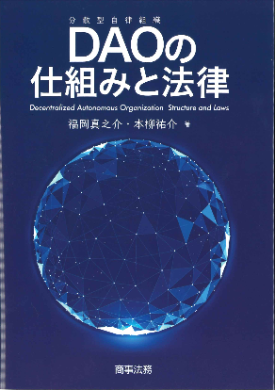-
Articles
Cryptocurrencies: Digital Asset Laws in Thailand
Over the last five years, there has been the exponential growth of cryptocurrencies globally, which has had a significant impact on legal systems and political landscapes all over the world. Many countries as well as some regional organisations have issued laws, regulations and guidelines for this new system of digital assets.
In Thailand, although cryptocurrencies are legally recognised, they are not lawful currencies and are not considered legal tender; cryptocurrencies are deemed as “digital assets” under Thai law. They are governed by two main legislations as follows:
- (1) Emergency Decree on Digital Asset Business B.E. 2561 (2018) (“Digital Asset Decree”), effective as of 14 May 2018; and
- (2) Emergency Decree on Amendment of the Revenue Code No. 19 B.E. 2561 (2018) (“Revenue Code Amendment Decree”), effective as of 14 May 2018.
The main objective of the Digital Asset Decree is to control and regulate digital assets, including cryptocurrencies and digital tokens; whereas the main objective of the Revenue Code Amendment Decree is to regulate and tax benefits and interests of digital assets.
Under the Digital Asset Decree, ‘cryptocurrency’ is defined as: “a unit of data messages created on an electronic system or network for use as a medium of exchange, with a view to acquiring goods, services or any other rights or exchanging digital assets, and shall also include a unit of any other data messages prescribed under the Notification of the Securities and Exchange Commission of Thailand (SEC)”. Securities under the law on securities and exchange are not deemed as cryptocurrencies or digital tokens under the Digital Asset Decree.
Digital asset businesses governed by the Digital Asset Decree are business activities relating to: (1) digital asset exchange or trading; (2) digital asset brokers; (3) digital asset dealers; and (4) other activities related to digital assets as prescribed by the Minister of Finance on the recommendation of the SEC.
Under the Digital Asset Decree, for an initial public offering (IPO) of digital tokens (aka initial coin offering (ICO)), the issuer of digital tokens intending to offer such digital tokens for sale must first obtain permission from the SEC Office. Furthermore, the offering may be conducted only by a juristic person in the category of a limited company or a public limited company. The issuer must submit registration statements for the sale of digital tokens and draft prospectuses to the SEC Office. Additionally, the offering can only be made through a digital token system provider approved by the SEC, known as an “ICO Portal”.
Other operations of any digital asset businesses are also regulated by the SEC. A digital asset business operator must be granted permission from the Minister of Finance on the recommendation of the SEC. If any digital asset business operator intends to cease operation of its business after a licence has been granted, it must submit a request with and get approval from the SEC.
The Digital Asset Decree also contains provisions regarding prevention of unfair conduct in connection with the purchase or sale of digital assets, including prohibitions against insider trading, dissemination of false information, front running (the practice by market makers of dealing on advance information provided by their brokers and investment analysts, before their clients have been given the information) and market manipulation.
It should be noted that under the Digital Asset Decree, penalties include both criminal and civil sanctions. For instance, any person who makes an offering of digital tokens for sale
without permission from the SEC will be subject to imprisonment for a term not exceeding two years or a fine in an amount not exceeding two times the price of all digital tokens offered but not less than Baht 500,000, or both. In addition to the above, depending on the nature of the offence, the computer crime law and general civil and criminal law may be applicable.






